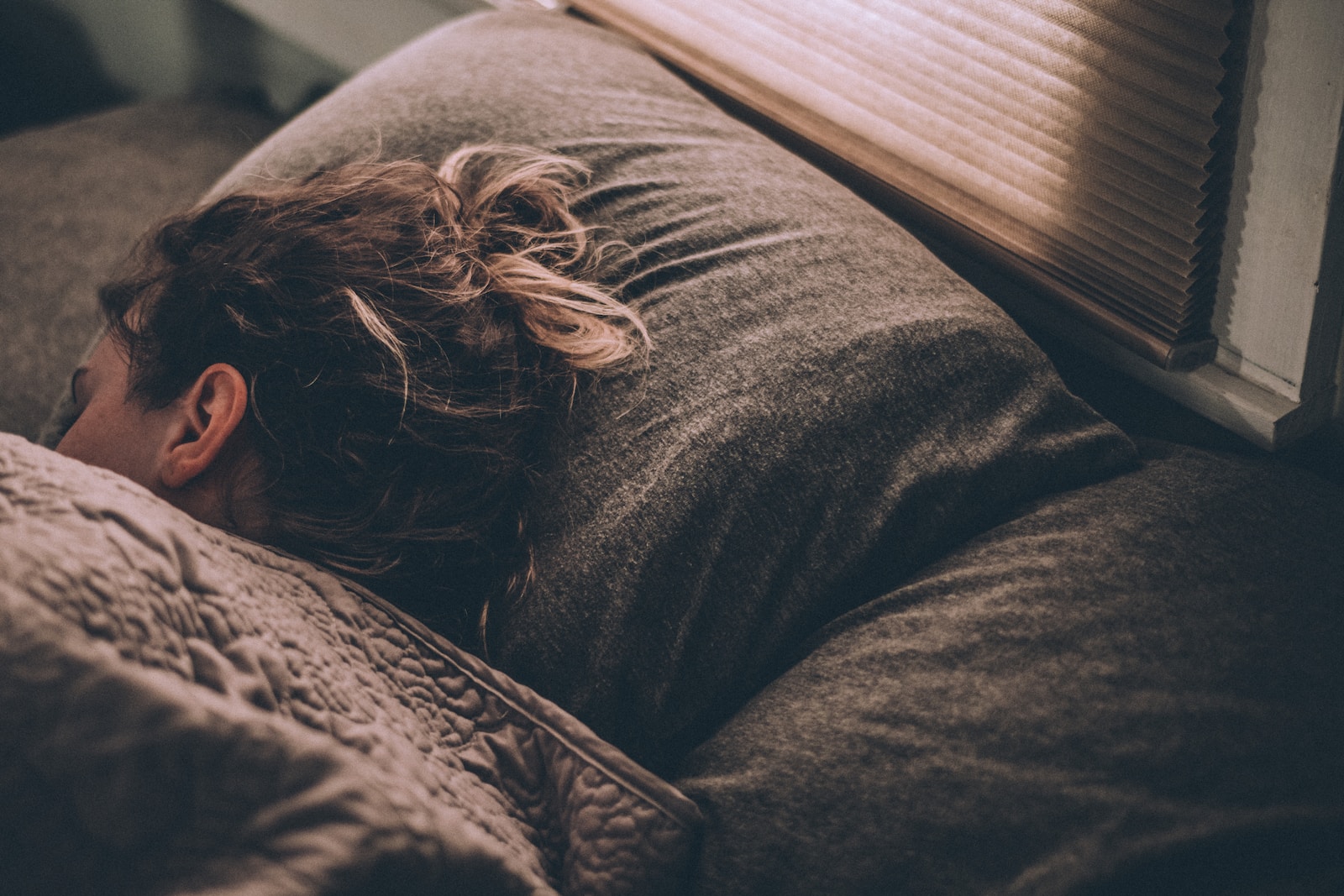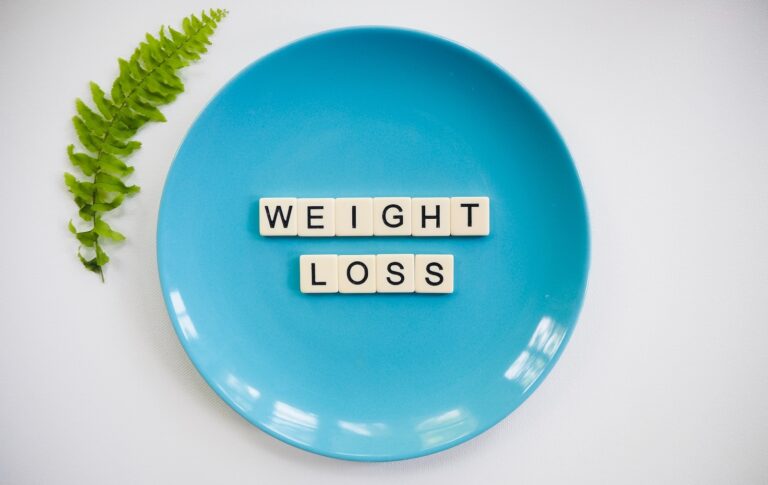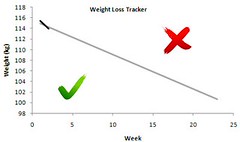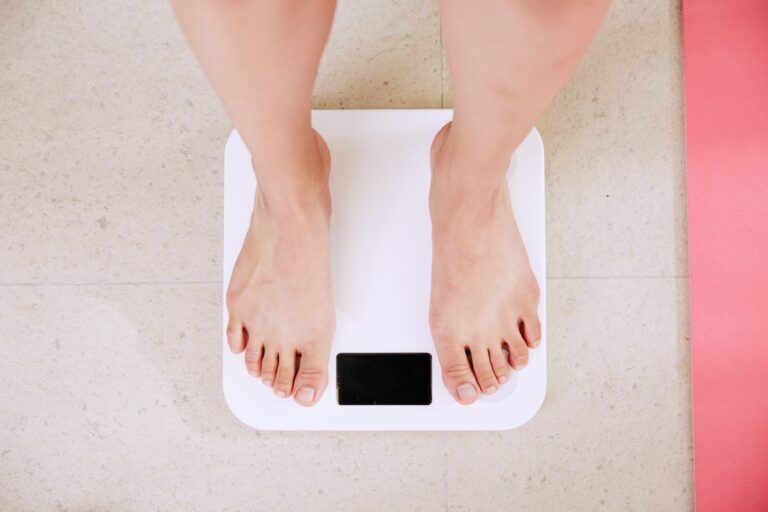The Importance of Sleep in Achieving Your Weight Loss Goals
Have you been trying to lose weight for what feels like forever, but just can’t seem to make any progress? Then listen up! It turns out that getting enough sleep could be the missing piece of the puzzle when it comes to achieving your weight loss goals. Yes, you read that right – sleeping more could help you shed those extra pounds and finally feel comfortable in your own skin.
In this post, we’ll explore why catching some z’s is essential for weight loss success and share tips on how to improve your sleep hygiene tonight. So grab a cup of tea and get ready to learn why hitting the snooze button might just be the best thing you do for your waistline!
What is the Relationship between Sleep and Weight Loss?

Sleep is vital to weight loss success. Simply put, too little sleep can lead to cravings for unhealthy foods and weight gain, while getting enough restful sleep can help you lose weight and maintain it off. In fact, according to a study published in the journal Sleep, those who get less than 7 hours of sleep a night are more likely to be overweight or obese than those who get at least 8 hours of sleep.
Additionally, a lack of sleep can also lead to increased levels of ghrelin – the hormone that promotes hunger – and decreased levels of leptin – the hormone that signals satiety. This combination can result in an unpredictable appetite and food cravings that can be difficult to control when trying to lose weight.
Furthermore, studies have shown that people who sleep poorly are more likely to have poor nutrition habits overall. People who don’t get enough sleep tend to eat more calories both before bed and in their morning meals, as well as snacks throughout the day. Consequently, aiming for a good night’ssleep not only helps you lose weight effectively but also improves your overall diet habits.
So, while it’s not necessary to sleep for eight hours every night in order to lose weight, getting enough restful sleep is an essential part of successful weight loss.
How Many Hours of Sleep Do We Need Each Day?
There is no one definitive answer to this question since sleep habits can vary greatly from person to person. However, the American Academy of Pediatrics (AAP) recommends that babies and children aged 1-12 months get between 12 and 18 hours of sleep each day, while adolescents aged 13-18 years need at least 8 hours of sleep per night.
Adults aged 19-64 years should aim for at least 7 hours of sleep each night. Oftentimes, people who are trying to maintain or lose weight will require even more sleep than this according to the National Sleep Foundation (NSF).
The NSF recommends that adults aged 18-55 years get 7 to 9 hours of sleep per night in order to maintain their weight. Those over 55 years old should aim for at least 7.5 hours of sleep each night if they want to maintain their weight.
Needless to say, it is important for everyone to obtain a healthy amount of shut-eye each day in order to stay on track with their weight loss goals!
The Benefits of Getting Enough Sleep
The benefits of getting enough sleep are numerous and varied. Here are just a few:
- Sleep helps the body to repair and regenerate tissues.
- Sleep deprivation can lead to impaired cognitive function, decreased vigilance and reflexes, and an increase in stress hormones.
- A lack of sleep contributes to weight gain by suppressing the hormone ghrelin, which signals the body to eat fewer calories.
- Getting adequate sleep also helps promote exercise habits by increasing energy levels and decreasing cravings for unhealthy snacks.
So, not only do the benefits of sleep provide us with a general feeling of well-being, but they also have a direct impact on our everyday lives and health. Make sure to get the recommended amount of sleep each day to reap all the rewards!
Tips for Improving Your Sleep Quality
better sleep is important for overall health and weight loss. Here are a few tips to improve your sleep quality:
- Practice some relaxation techniques before bedtime. This can help you wind down and fall asleep easier. Examples include practicing deep breathing exercises, taking a hot bath, reading a calming book, or listening to soothing music.
- Establish a bed-time routine that helps you feel comfortable going to sleep and wakes you up quickly in the morning. This may involve winding down for 30 minutes before bedtime with peaceful hobbies or activities such as reading, relaxing music, journaling, or meditation; setting an alarm for a specific time; and avoiding stimulants such as caffeine late in the evening.
- Avoid medications and alcohol close to bedtime since they can disrupt your sleep quality. As well, avoid screens in the evening (TVs, smartphones) to prevent electronic light from interfering with your natural melatonin production .
- Make sure your room is dark and quiet when you go to bed so that you can get the most restful night’s sleep possible. If you find it difficult to fall asleep because of noise or light exposure in your environment, invest in ear plugs or blinds for your window(s).
- Get regular exercise throughout the day to help you burn calories and release serotonin, a hormone that helps you relax at night.
- Avoid intense exercise the day or night before bedtime as this can lead to interrupted sleep.
- Keep a cool, dark place in your bedroom for reserving for reading or relaxation before sleep.
- Consider using the “sleep hygiene” practices of going to bed and waking up at the same time each day; avoiding caffeine, alcohol, nicotine, and artificial light in the evening; and establishing a bed-time routine to ease into bed.
- If you have trouble sleeping, talk to your healthcare provider about possible treatment options such as sleep medication, cognitive behavioural therapy, or hypnotherapy.
- Finally, make sure to get regular exercise throughout the day to help you burn calories and release serotonin, a hormone that helps you relax at night.
How to Deal with Chronically Poor Sleep Habits
If you’re struggling with poor sleep habits, here are some tips to help improve your sleep quality:
- Establish a regular sleep schedule. Try to go to bed and wake up at the same time every day, even on weekends. This will help you to develop a routine and make it easier for your body to adjust to sleeping in a certain way.
- Avoid caffeine before bedtime. Caffeine will keep you awake and can disrupt your sleep cycle. If you can’t avoid caffeine completely, try limiting yourself to small doses before bedtime.
- Make sure the environment is dark and quiet when you get into bed. This will help you relax and fall asleep faster.
- Exercise regularly but avoid exercising right before going to bed. Exercising right before bed can lead to disrupted sleep patterns and fatigue the next morning. Wait until after your workout is complete or at least an hour or two before bedtime to exercise if possible.
Conclusion
When it comes to weight loss, one of the most important things you can do is make sure you get enough sleep. Not getting enough sleep hormonals imbalances that lead to weight gain are a common result of not sleeping. When you are well-rested, your body has time to rebuild and restore tissues, which can help you lose weight in a healthy way. Make sure to allot at least seven hours of sleep every night and see how much better your energy levels are, both mentally and physically. If you feel like you’re not getting the quality sleep you need, speak with your doctor about possible treatments for obesity or other health issues that may be affecting your slumber time habits.







6 Comments